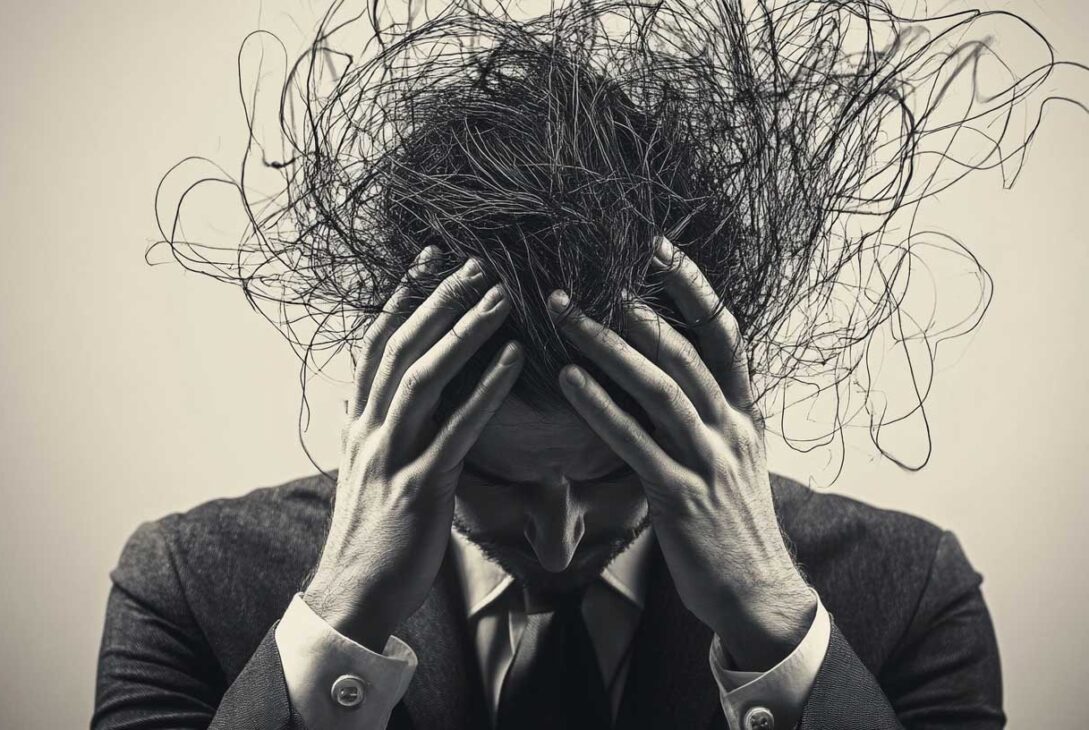The Role of CBD in Managing Anxiety Disorders
Anxiety disorders are among the most common mental health concerns worldwide, affecting millions of people every day. They can create significant challenges in daily life, influencing everything from work performance to social interactions and personal relationships. While traditional treatments like medication and therapy have their place, many individuals are searching for alternatives or complementary options. Enter cannabidiol (CBD), a compound derived from the cannabis plant that has garnered attention for its potential anxiolytic properties. This guide will examine how CBD may assist in managing anxiety disorders, supported by research, personal stories, and practical advice.
Understanding Anxiety Disorders
Anxiety disorders comprise various conditions, including:
- Generalized Anxiety Disorder (GAD): Involves excessive worry about everyday events.
- Social Anxiety Disorder (SAD): Characterized by an intense fear of social situations.
- Panic Disorder: Marked by recurrent panic attacks that lead to overwhelming fear and physical symptoms.
- Obsessive-Compulsive Disorder (OCD): Involves unwanted, intrusive thoughts and repetitive behaviors.
- Post-Traumatic Stress Disorder (PTSD): Develops after exposure to a traumatic event, leading to flashbacks, nightmares, and severe anxiety.
Each of these conditions is characterized by heightened levels of fear or anxiety, which can significantly interfere with an individual’s quality of life.
Traditional Management Strategies
Traditional approaches for managing anxiety often include:
- Lifestyle Changes: Incorporating stress-reducing activities such as yoga, regular exercise, and a balanced diet can play a critical role in alleviating symptoms. Research suggests that exercise improves mood and decreases anxiety levels by releasing endorphins.
- Therapy: Cognitive-behavioral therapy (CBT) helps individuals understand and reframe negative thought patterns and behaviors, empowering them with tools to cope with anxiety.
- Medication: Prescription medications, including benzodiazepines and selective serotonin reuptake inhibitors (SSRIs), can provide relief but may lead to side effects or dependency in some individuals.
While these traditional methods can be effective, they may not work for everyone. This gap in treatment opens the door for alternative solutions like CBD.
The Therapeutic Effects of CBD on Anxiety
Mechanism of Action
Understanding how CBD potentially helps with anxiety requires a look at the body’s endocannabinoid system (ECS). The ECS plays a vital role in regulating various bodily functions, including mood, stress response, and pain perception. CBD interacts with this system, particularly influencing serotonin receptors, known for their role in mood regulation.
By enhancing serotonin signaling and impacting GABA (gamma-aminobutyric acid) neurotransmission, CBD may induce calming effects, promoting a sense of well-being and reducing feelings of anxiety.
Clinical Evidence
An increasing number of studies reflect the supportive role of CBD in managing anxiety:
- A 2019 study, published in The Permanente Journal, found that 79.2% of participants experienced reduced anxiety levels after one month of CBD treatment.
- In simulated public speaking tests, those who received CBD reported significantly less anxiety than those who received a placebo, highlighting its potential effectiveness in real-life anxiety-provoking situations.
- Research on PTSD indicates that CBD may mitigate symptoms like intrusive thoughts and sleep disruptions, promoting better overall mental health for individuals coping with trauma-related anxiety.
Dosage and Tolerability
Dosing CBD can vary based on individual needs and product formulations. Most studies suggest effective doses range from 300 mg to 800 mg per day. Starting with a lower dose and gradually increasing it, while monitoring the body’s response, is a practical approach.
Importantly, CBD is generally well-tolerated, with few adverse effects noted in research. Side effects, when they occur, are typically mild and may include fatigue, changes in appetite, or diarrhea.
Practical Considerations for Using CBD
Choosing the Right Product
The abundance of CBD products on the market can be overwhelming. Here’s how to choose wisely:
- Quality: Look for products that are third-party tested for potency and purity. Reputable brands often provide lab results on their websites.
- Form: CBD is available in various forms, including oils, capsules, gummies, and topicals. Oils and tinctures allow for precise dosing, while gummies provide a convenient and tasty option.
- Full-Spectrum vs. Isolate: Full-spectrum products contain multiple cannabinoids, which may enhance the therapeutic benefits due to the entourage effect. CBD isolate, on the other hand, contains only CBD, devoid of other cannabinoids.
Combining CBD with Other Management Strategies
For many, integrating CBD into a holistic approach yields the best results. Here are some effective combinations:
- Lifestyle Changes: Combine CBD use with regular exercise and mindfulness practices. Both approaches together can create a strong foundation for managing anxiety.
- Therapy: Consider using CBD alongside therapy sessions. Many individuals report that CBD allows them to open up better in therapy, as it may reduce anxiety, making it easier to discuss feelings and experiences.
Conclusion
CBD is not just a trend; it represents a growing field of research that highlights its potential benefits for managing anxiety disorders. With supportive evidence from preclinical and clinical studies, CBD offers a natural alternative or complement to traditional methods.
As with any treatment, personalized approaches work best. Consulting with a healthcare professional can ensure that your choice to explore CBD is both safe and effective.
Actionable Tips
- Consult a Healthcare Professional: Before starting CBD, have an open conversation with your healthcare provider about your specific needs and any potential drug interactions.
- Start with Low Doses: When introducing CBD, start small and gradually increase your dose as needed, tracking your response along the way.
- Combine with Lifestyle Changes: Use CBD in conjunction with regular physical activity, balanced nutrition, and stress-management practices for a holistic approach to reducing anxiety.
Next Steps
Stay informed as research on CBD and anxiety management continues to evolve. Joining online forums or local support groups can provide valuable insights from others on a similar journey. By embracing CBD as part of a broader strategy for managing anxiety, you may uncover new pathways to peace of mind and emotional resilience.
For the latest insights and tips on CBD and its benefits, do keep exploring reliable resources. Your well-being is worth the pursuit.




















